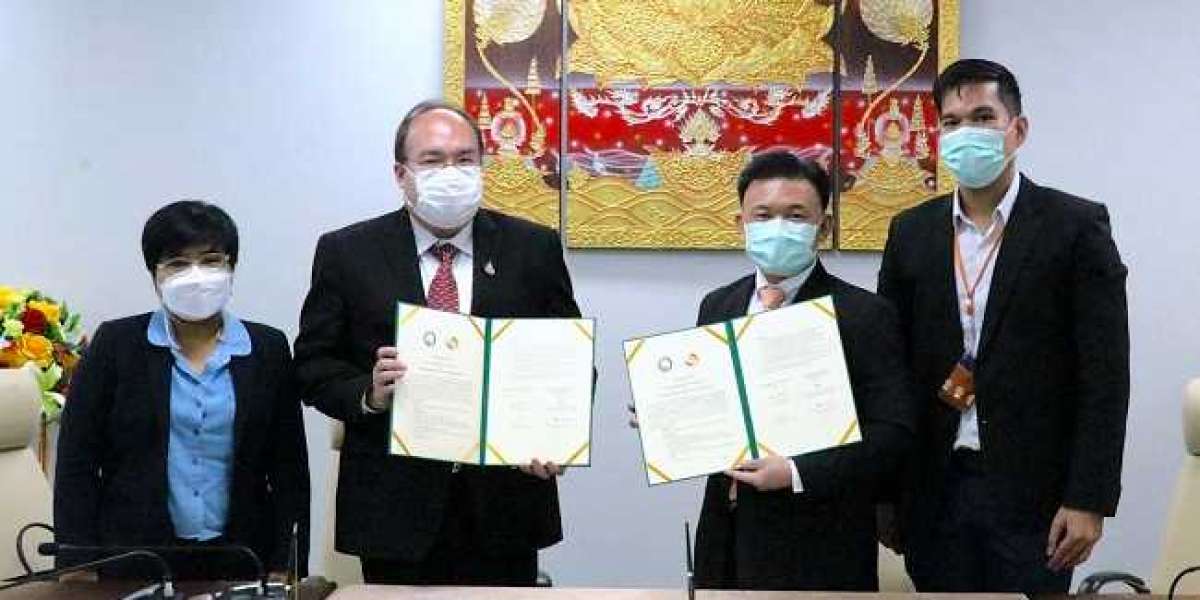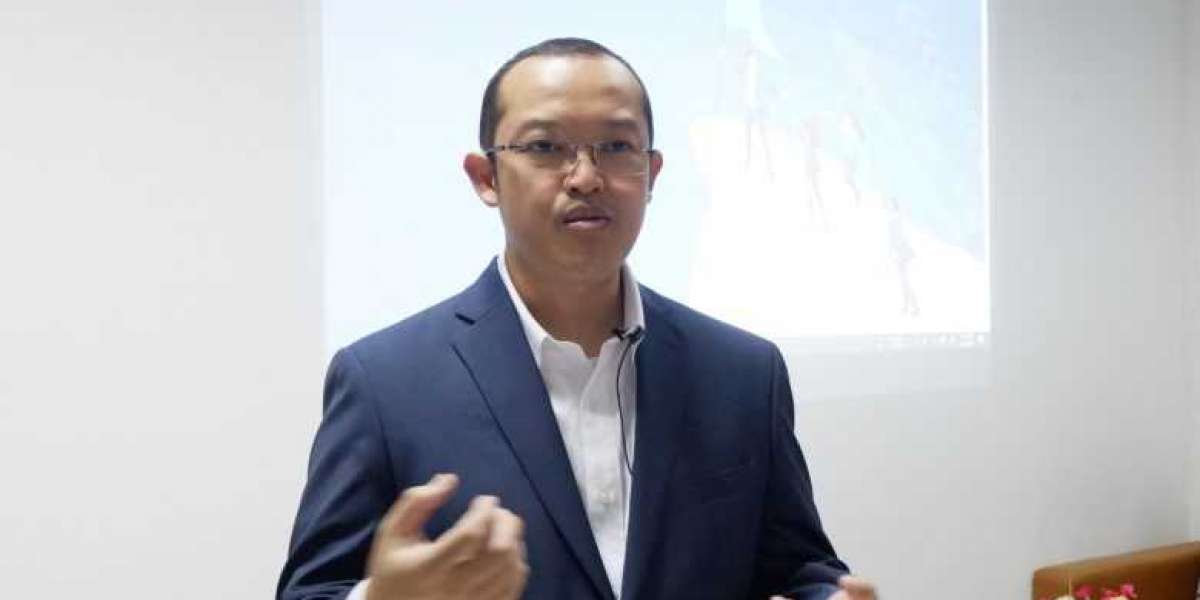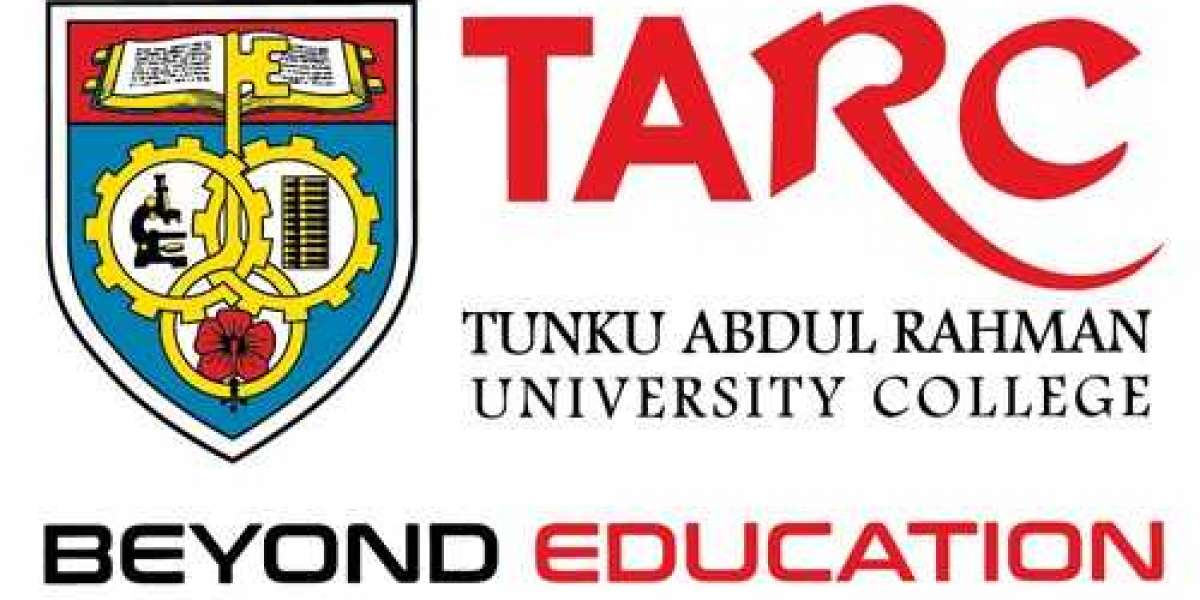The Chulabhorn International College of Medicine, Thammasat University (CICM) led by Prof. Dr. Adis Tasanarong, Dean of the Chulabhorn International College of Medicine, signed a memorandum of cooperation with Central Lab (Thailand) Co., Ltd. and was honored by Mr. Chakrit Tiebtienrat, Managing Director, Central Lab (Thailand) Co., Ltd. on 11 June 2021 at Rangsit Center, Thammasat University.
This cooperation is aimed at improving capacity of laboratory research analysis and testing and evaluations to improve agricultural product standards along with developing joint publishing and patents in the area of agricultural analysis research and development including training of personnel and students for research and development in the area of education.
Prof. Dr. Adis Tasanarong, Dean of the Chulabhorn International College of Medicine, Thammasat University, stated this cooperation will promote activities in missions related to the process of improving analysis and testing of both parties for consistency with the country’s needs and preparations to expand overseas markets in the future, particularly in the area of new value-generating economic crops such as hemp and marijuana, which must be cultivated and harvested to meet criteria and standards of good agricultural practices (GAP: Propagation and Cultivation) and acquire good raw materials without contaminants at sufficient amounts. Thus, comprehensive operations are essential.
Mr. Chakrit Tiebtienrat, Managing Director, Central Lab (Thailand) Co., Ltd., stated that Central Lab Thai is a laboratory with capacity for analysis and testing and the global. He believes cooperation between Central Lab Thai and the Chulabhorn International College of Medicine and the joining of forces will improve Thailand’s capacity for broader development in the area of analysis and testing to support research, analysis, testing and services to meet international standards in compliance with government policies. Furthermore, integration of analysis and testing cooperation will increase confidence in analysis and test results along with making analysis and test methods consistent with laboratory principles and standards, which can help in building analysis and testing networks for coverage until the country’s economy and knowledge base can be driven and built in the future.









